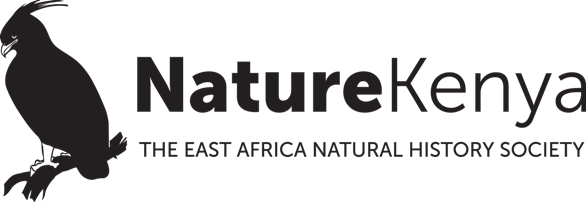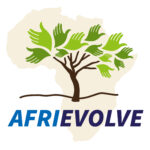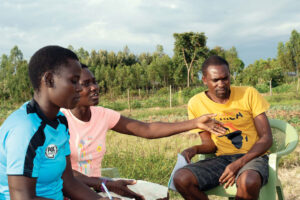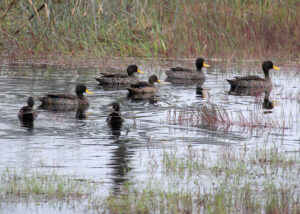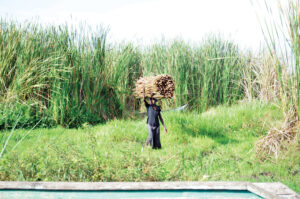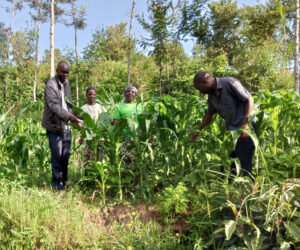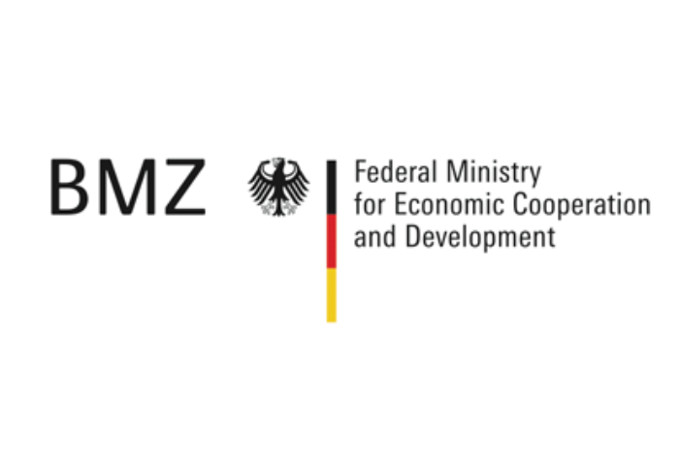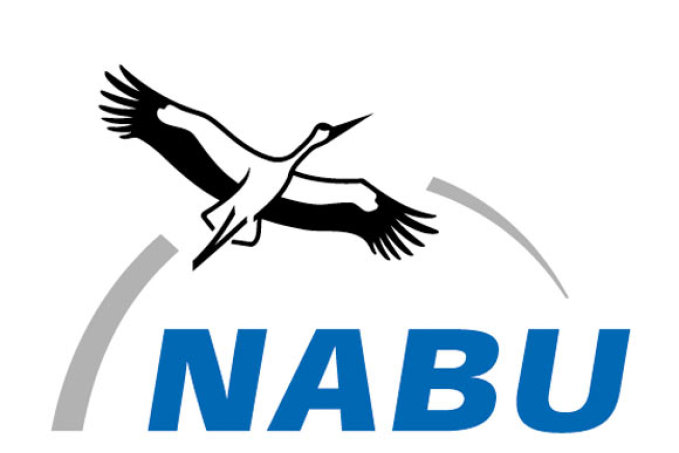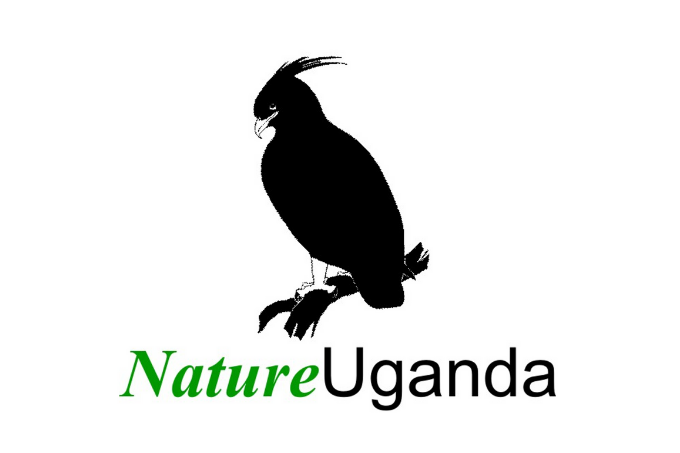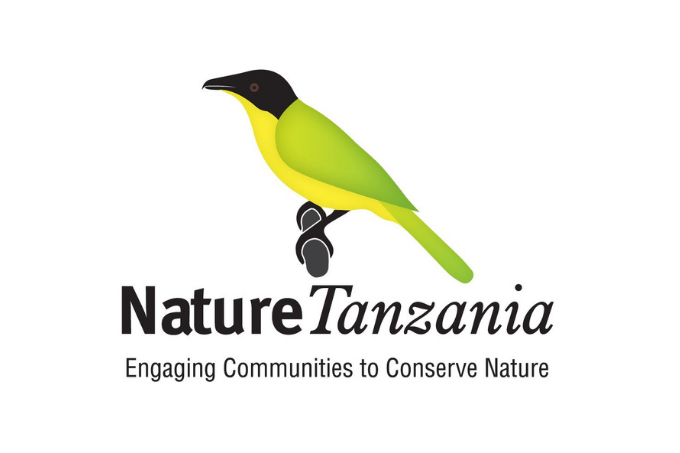AfriEvolve Project
Project overview
NGOs often play a critical role in civil society worldwide. They advocate for the interests and needs of local communities and minorities and secure access and maintenance of natural livelihoods. Nevertheless, local NGOs in Africa often face challenges: Restrictive national NGO laws often prohibit political involvement and restrict fund access. Consequently, many NGOs are struggling to secure long-term funding and see their influence on political decision makers for conservation topics limited – both at national and regional level. To strengthen NGOs in Africa, NABU and six green NGOs from West and East Africa are setting up regional cluster networks for enhancing organisational development and capacity building.
All six African NGOs work at the focal point between conservation in and around protected areas and the needs for livelihoods of local people. In particular, land use of all kinds lead to permanent conflicts between local communities and the respective protected area management, as well as to increasing pressure on wildlife, forests, water bodies and other habitats. The effects of climate change such as heavy rain falls, unexpected frost, extreme dry spells and erosion are exacerbating poor harvests and crop failures. This in turn results in poverty and increased dependency of people on the natural resources of their environment. The way forward here is the conversion of current land use to sustainable forms taking impacts of climate change into consideration so that yields can be stabilised and livelihoods secured. Therefore, the six partner NGOs are introducing Climate Smart Agriculture (CSA) with local farmers at six selected sites.
Visit Project website
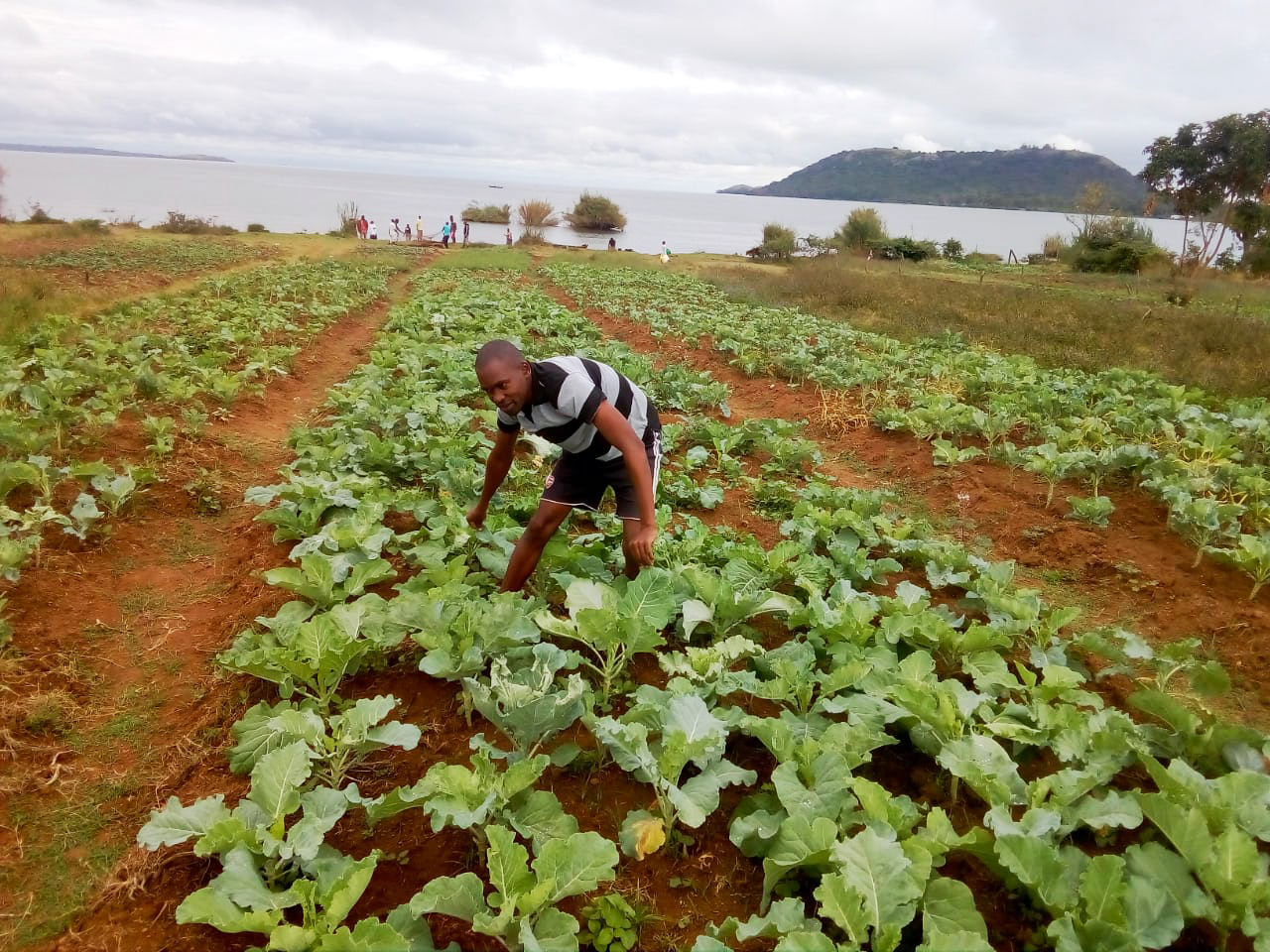
Project site
The Yala Delta is situated at the North-Eastern end of the Lake Victoria and is Kenya's largest freshwater wetland with 20,756 ha. The ecosystem is a Key Biodiversity Area (KBA) classified by BirdLife International among Kenya’s 60 important Bird Areas. The papyrus swamps are home to rare blue-breasted bee-eater (Merops variegatus) and papyrus gonolek (Laniarius mufumbiri), among others. The wetland acts as a critical filter for water inflow into Lake Victoria. The delta provides 250,000 farmers in its vicinity with vital resources such as fish, papyrus and timber. However, Yala's ability to function is severely threatened by the establishment of large-scale agricultural enterprises by foreign investors and the overexploitation of its natural resources.
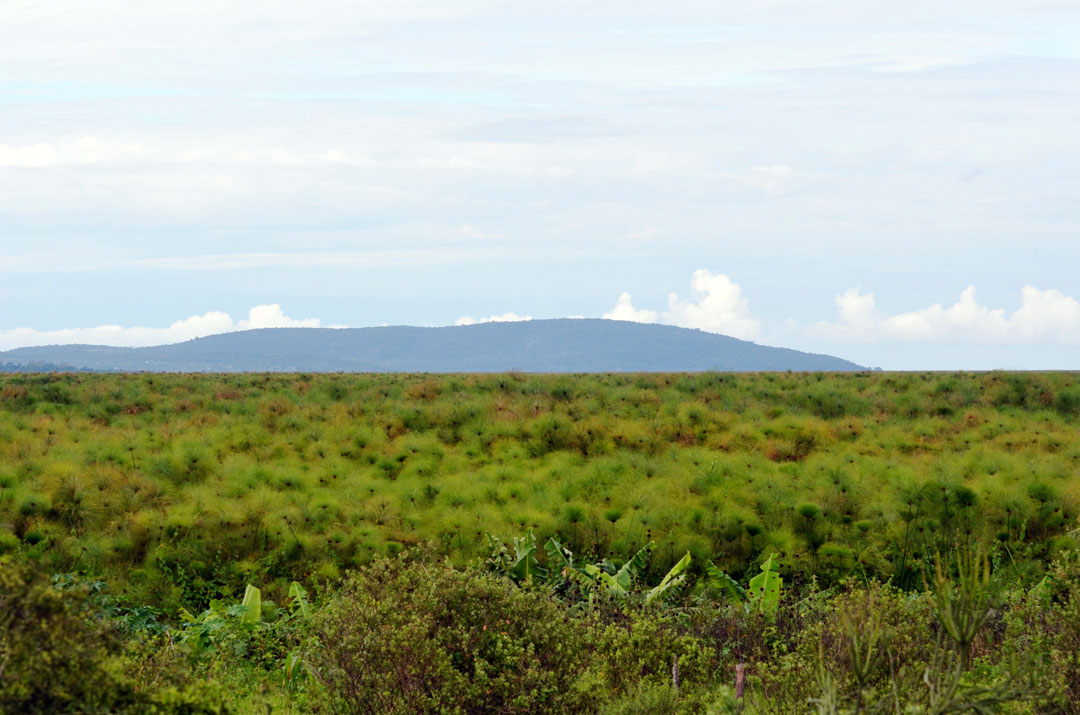
Project facts
Project title
AfriEvolve - capacity development for green NGOs in Africa
Countries
East Africa: Kenya, Tanzania, Uganda
West Africa: Ghana, Côte d'Ivoire, Burkina Faso
Period
February 2021 to December 2023
Partners
Fondation NATURAMA (West Africa cluster coordinator), Nature Kenya (East Africa cluster coordinator), Ghana Wildlife Society, Nature Uganda, SOS-Forêts, Nature Tanzania
Sponsored by / Supported by
The project is supported by the German Federal Ministry for Economic Cooperation and Development (BMZ) and NABU
Advised by / Regulated by
BirdLife International, Consultative Group for International Agricultural Research (CGIAR), Food and Agriculture Organization (FAO), Potsdam Institute for Climate Impact Research (PIK)
With this project we are contributing to the following SDGs
SDG 1, SDG 2, SDG 4, SDG 5, SDG 7, SDG 12, SDG 13, SDG 15 and SDG 17.
Project Updates
Youth taking lead in community-based adaptation to climate change in Yala
By Emily Mateche As the world reels from droughts, floods, heat waves and wildfires, the global focus is shifting towards green agricultural practices to cope with the effects of climate change. Climate-smart agriculture is emerging as one of the sustainable farming alternatives. And farming, long regarded as a preserve of the middle-aged and elderly, is […]
The wetlands of Kenya
The early morning’s sun rays gleam against the shiny mangrove leaves along the shores of Sabaki River Mouth, where the Athi-Galana- Sabaki River pours into the Indian Ocean. For nature lovers, Sabaki River Mouth is a haven of biodiversity. But for private developers who have lately been eyeing this ecologically sensitive area, it is a […]
Help us save Yala Swamp, say local communities
Along the Kombo dyke that separates Lake Kanyaboli and the vast Yala Swamp in Misori, Siaya County, clumps of papyrus reeds dance to the gentle morning wind. Fishermen in traditional wooden canoes paddle through the calm lake waters, occasionally making stops to inspect their traps. Pied Kingfishers lay in wait to catch some fish. Many […]
Promoting climate-smart agriculture in Yala Swamp
Agriculture is the source of livelihood for thousands of communities in Kenya, and food for us all. Unfortunately, climate change effects such as reduced or unpredictable rainfall and prolonged drought spells have had devastating effects on crop production. Many rural communities bear the brunt of these negative impacts, often being left vulnerable with little or […]
